The Job Center case worker recommending GSBTB to her clients
Earlier this year we were flattered to discover that a local unemployment office case worker had been recommending GSBTB to her clients.
Rahul Basu met Özgül Thurley, who has been working as a counsellor at Berlin’s Job Center in Neukölln since January 2016. Before this she worked for the Job Center in Tempelhof-Schöneberg. Her educational background includes humanities, library science and history of art.
How did you find out about Give Something Back to Berlin?
I actually heard about the Give Something Back to Berlin organisation for the very first time on the FluxFM radio show called “Off the record”. The show is in English and covers topics that mainly focus on newcomers in Berlin. It is through this show that I got my first introduction to the group and its various projects. This got me curious, so I took some time to have a look at the GSBTB website for more information.

Özgül Thurley. Source: Private.
Why do you recommend your clients here at Berlin’s Job Center sign up for our projects and join our community?
Well, I noticed that through the GSBTB projects, many foreigners have the opportunity to express their creative potential. Migrants, who are interested and good in music or art, for example, can very easily build up their network through this platform and get the necessary guidance or support they need to pursue their desired career.
Why do you feel it is important to help migrants here in Germany to settle down and integrate?
First and foremost it is important to feel welcome, understood – linguistically – and accepted. Migrants, just like anyone else want to be able to express themselves and feel comfortable doing so. Also, it is important for any migrant to find some kind of a doorway into the cultural and societal framework of the country they reside in. This can be achieved through some kind of cultural orientation program for all newcomers.
Could you tell us a little about your migrant background? What was it like for you and your family to move to Germany and begin a life here? What challenges did they face?
My parents hail from Turkey and so, like many, I too have a migrant background. I can therefore say from my personal experience of living here in Germany, that it is a wonderful feeling when you feel welcome and accepted, living in a foreign country. My father, for example had a job with Siemens when he moved here to Germany, so it was easier for him to meet people and integrate into German society quicker than my mother, who was a housewife and mostly stayed indoors.
What is your advice to foreigners looking for work opportunities in Germany? What areas should they focus on in order to improve their chances of finding work easily?
Integration needs to happen from both sides, and it is indeed an adjustment that needs to be made. However, for migrants who come here to Germany it is important that they first feel welcome and accepted as a part of the community. It is important to be open minded and participate in events and activities that take place in your region. This allows for easier communication opportunities. Also, learning the local language is undeniably an important step towards achieving the ultimate goal of being better integrated and finding suitable opportunities.
Rahul Basu brings strong journalistic credentials from his home country India. He is now an active and enthused volunteer at Give Something Back to Berlin. Photo of Tempelhofer Feld by Kalle Kuikkaniemi.

